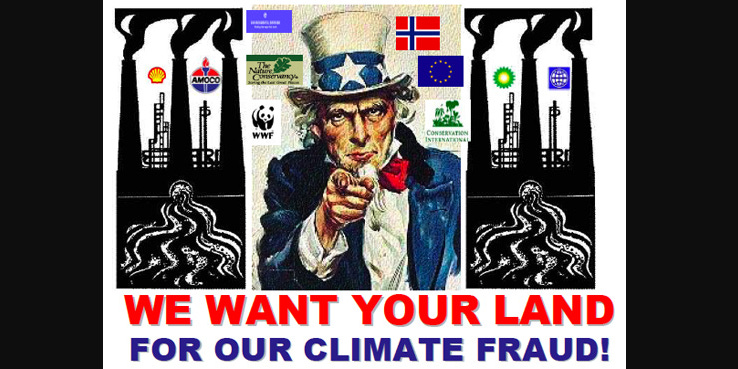REDD could “displace millions”

In the run up to the UN’s climate change conference in Poznan next week, Friends of the Earth International will publish a report looking at some of the possible implications of REDD. In the report, FoEI will argue that the plans for REDD are open to abuse by corrupt politicians or even illegal logging companies.
An article in today’s Guardian based on FoEI’s upcoming report includes an interview with Joseph Zacune, climate and energy campaigner at Friends of the Earth International. Zacune points out some of the key problems with REDD as it is currently developing, including the risks that Indigenous Peoples and other forest dwelling communities will be impacted by REDD, in the absence of secure land rights, not least because increasing the value of forests will increase the incentive for states and corporations to take over control of the forests.
Zacune also raises the crucial issue of the UN’s failure to define forests in such a way as to differentiate between industrial monoculture plantations and forests. This failure means that forests could be destroyed and replaced by oil palm, rubber or eucalyptus monocultures and still be eligible for funding through REDD.
Forest protection plan could displace millions, say campaigners
Livelihoods of 60m indigenous people at risk from plans to tackle climate change by protecting forests, says Friends of the Earth
Alok Jha
The Guardian
Monday, 24 November 2008International proposals to protect forests to tackle climate change could displace millions of indigenous people and fail to reduce global greenhouse gas emissions, according to environmentalists.
Friends of the Earth International (FoE) will argue in a report to be published on Thursday, that plans to slow the decline of forests, which would see rich countries pay for the protection of forests in tropical regions, are open to abuse by corrupt politicians or illegal logging companies.
Forests store a significant amount of carbon and cutting them down is a major source of greenhouse gas emissions — currently this accounts for around 20% of the world’s total.
Full article available here.




